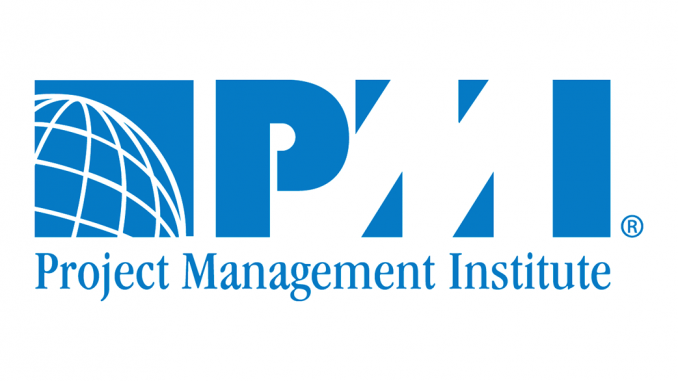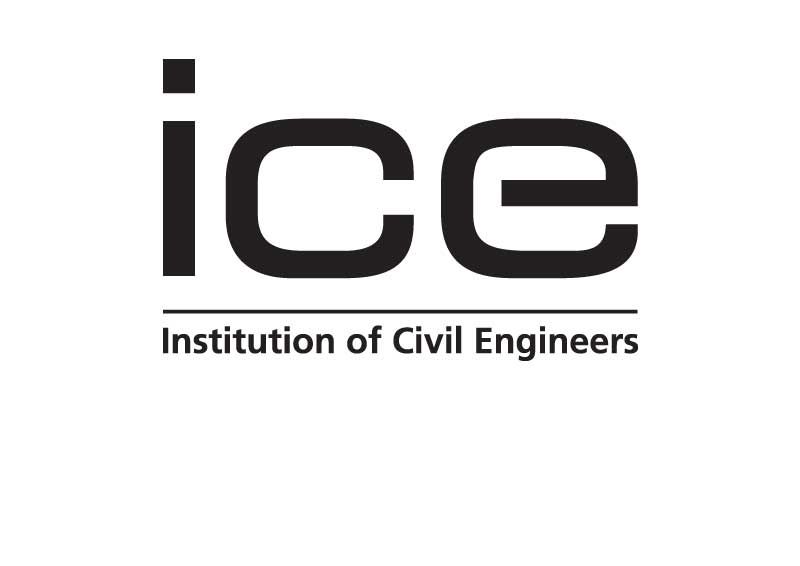Forensic Delay and Quantum Analysis: A Guide to Resolving Construction Project Disputes
DAC Consulting Services
In the intricate world of construction, delays and disputes are almost inevitable. Have you ever pondered how some projects seem to stall without a clear reason, leading to costly disputes and financial repercussions? This is where forensic delay and quantum analysis come into play, serving as essential tools for unravelling the complex web of issues that can arise in construction projects. By meticulously examining schedules and assessing quantum metrics, professionals can uncover the underlying causes of delays and their financial impacts. Whether you are an owner, contractor, or consultant, understanding these analytical processes could be the key to resolving conflicts effectively and maintaining the integrity of your projects. Let us delve into the nuances of forensic delay and quantum analysis, explore its significance, and discover how it can facilitate the resolution of construction project disputes.

Decoding Delays: The Power of Forensic Delay and Quantum Analysis in Resolving Construction Disputes
Construction projects are complex enterprises, often involving myriad stakeholders, extensive planning, and significant financial investments. While the aim is always to complete projects on time and within budget, the reality is that unforeseen circumstances can lead to schedule delays and subsequent disputes. Forensic delay and quantum analysis emerge as critical methodologies for identifying these delays and quantifying their financial implications, providing clarity amidst the potential chaos of construction disputes.
Forensic delay analysis is a systematic process that investigates the timing and causes of project delays. It seeks to reconstruct project timelines to pinpoint when delays occurred, why they transpired, and which factors were responsible. In doing so, it assesses the influence of various elements—including regulatory changes, resource shortages, and unforeseen site conditions—on the project schedule. This meticulous review allows professionals to ascertain responsibility, determine causation, and develop mitigation strategies.
One fundamental aspect of forensic delay analysis is the use of schedule delay analysis techniques. By applying methodologies such as the critical path method, collapsed as-built analysis, or time-impact analysis, consultants can illustrate how delays have affected the overall project timeline. This critical analysis not only helps establish liability but also supports a clearer understanding of the project's overall health and potential recovery paths.
On the other hand, quantum assessment complements the delay analysis by evaluating the financial impact of the delays identified. When a project suffers delays, it may incur additional costs for labour, materials, equipment, and even indirect expenses like extended management overhead. Quantum analysis provides a detailed financial picture by establishing how much these delays have cost, effectively translating time delays into monetary values. This assessment is crucial during contract disputes, as it informs negotiations and provides a basis for claims.
Impact evaluation plays a vital role in both forensic delay and quantum analysis. It is through this evaluation that professionals can understand the layered effects of delays on project outcomes. For instance, delays may lead to escalation in material costs, loss of productivity, or disruptions in resource allocation. Understanding these impacts helps in creating a holistic picture of not just what went wrong, but how it affects every aspect of the project and its stakeholders.
As construction projects span over many months or even years, the complexity often increases exponentially. The challenge lies in the fact that disputes can arise from various sources, ranging from contractual obligations to operational inefficiencies. Thus, having the expertise of forensic professionals who specialise in delay and quantum analysis is invaluable. These experts provide insights that help streamline dispute resolution processes through various means, whether it be mediation, arbitration, or expert witness testimonies in court.
Moreover, forensic review processes can lead to preventative measures, reducing the risk of future disputes. By analysing past projects and their challenges, companies can identify common pitfalls and implement strategies to mitigate similar issues in future endeavours. This proactive approach not only helps organisations save time and money but also bolsters stakeholder confidence in their ability to manage projects effectively.
In conclusion, forensic delay and quantum analysis are indispensable tools in navigating the often-turbulent waters of construction project disputes. Through rigorous schedule delay analysis, detailed quantum assessments, and comprehensive impact evaluations, construction professionals can build a robust case for resolution. In a landscape where time is money, understanding these methodologies is essential for ensuring the successful delivery of projects and minimising financial repercussions. As the construction industry continues to evolve, these analytical techniques will remain at the forefront of effective dispute resolution strategies.
Conclusion
In the ever-evolving realm of construction, the interplay between time and money is paramount. Forensic delay and quantum analysis stand as essential pillars in addressing the complex issues that can arise during a project's lifecycle. By employing these sophisticated methodologies, stakeholders can gain a clearer understanding of delays and their financial repercussions, enabling them to navigate disputes with confidence and precision.
As project complexities grow, so does the need for specialised expertise to dissect the myriad challenges that arise. Through meticulous analyses, construction professionals not only uncover the causes of delays but also provide valuable insights that can inform future projects, helping to avert disputes before they arise. With the right approach and the expertise of firms like DAC Consulting Services, construction stakeholders can turn potential conflicts into opportunities for collaboration and growth.
Ultimately, embracing forensic delay and quantum analysis not only paves the way for effective dispute resolution but also fosters a culture of accountability and informed decision-making within the construction sector. As we look to the future, equipping ourselves with these analytical tools will be crucial in delivering successful outcomes while reinforcing the integrity of our projects.
London (HQ) Office
Contact our expert team today for an initial consultation or advice on your requirement.
How Can We Help
At DAC Consulting Services, we possess a strong foundation in forensic delay and quantum analysis, offering unparalleled expertise in dissecting the intricacies of construction disputes. Our team of experienced professionals employs comprehensive schedule delay analysis and precise quantum assessments to effectively evaluate the complexities of project delays and their financial impacts.
With our bespoke approach, we tailor our services to meet the unique needs of each client, ensuring that every aspect of your project’s challenges is addressed with diligence and precision. By partnering with us, you can navigate the complexities of contract disputes with confidence, knowing that you have an industry leader by your side, dedicated to delivering successful outcomes in even the most challenging situations.
Get Started Today
Partner with DAC Consulting Services Today
With a global presence spanning the UK, LATAM, North America, Europe, Asia, and the Middle East, DAC Consulting Services offers unparalleled expertise in forensic engineering, delay and quantum analysis, and expert witness services. Our team of over 50 core consultants and a network of 500+ associates are dedicated to supporting your projects with precision and professionalism.

































